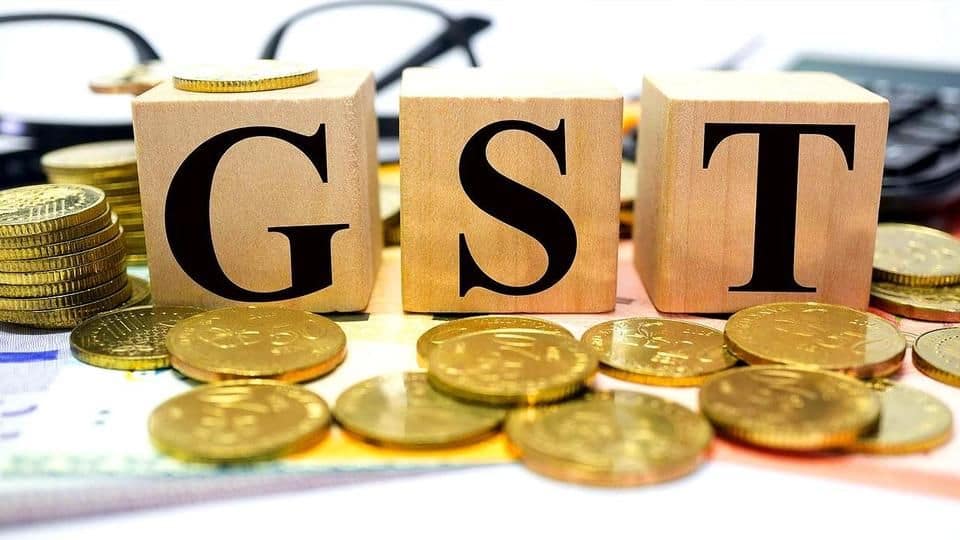
Government sets up panel to further tweak GST
What's the story
The government has set up a six-member committee of industry representatives to recommend fresh changes to GST. The recommended changes will pertain to easing procedures for businesses.
The group has reportedly completed its work and identified areas that require work.
Recently, government has implemented many changes, including reducing the list of items in the highest 28% tax slab from 227 to 52 odd.
Information
Permanent quarterly filing of returns; simplification of forms
The panel is expected to submit its report next week. It has suggested that steps like quarterly filing of returns, which is introduced as a temporary measure, be made permanent. Further, it requested simplifying forms; this was also suggested by the AB Pandey-led GSTN committee.
Composition scheme
Modifications suggested to GST's architecture
The panel wants government to extend the composition scheme to services. Presently, small traders/manufacturers and restaurants can avail this scheme which has lower tax liability and compliance burden.
The committee wants the input tax credit to be applicable for all items.
This means while paying the final products tax, taxes paid on raw materials be subtracted and the balance amount should be paid.
Reverse charge
Panel suggests removal of the reverse charge mechanism
Normally, the burden of paying taxes is on the supplier but under reverse-charge mechanism, the person receiving the goods/services pays taxes.
This would reduce burden on small unregistered vendors supplying to enterprises. But, SMEs aren't happy about taking this tax burden and have asked for removal of this mechanism.
The government's logic is this will lure unregistered vendors to register and make GST full-proof.
E-way bills
Panel suggests deferring roll-out of e-way bills till GST stabilizes
The panel has also suggested that the proposed roll-out of e-way bills be deferred until GST stabilizes, as it could lead to confusion.
Once implemented, transfer of goods above Rs. 50,000 across states will need an e-way bill. It can be generated on the GSTN portal and the unique bill number will be available to all stakeholders; this will reduce corruption and cut check-points.
Exports
Alterations suggested to export architecture indicate return to pre-GST era
Apart from this, the panel suggested returning to the pre-GST era in terms of paying duty on exported goods.
Earlier, inputs used for exports were exempted from payment of duty. However, currently, an integrated GST is paid with the government refunding the input payment later. However, refunds have been held up due to glitches.